Buy HGH Online – Effective HGH Injections For Sale
-
SALE2-4 DAYS DELIVERYBESTSELLER
-
SALE2-4 DAYS DELIVERYBESTSELLER
-
SALE2-4 DAYS DELIVERYBESTSELLER
Semaglutide
-
SALE2-4 DAYS DELIVERYBESTSELLER
-
SALE2-4 DAYS DELIVERY
The Number One Place to Get HGH Injections with Huge Savings!
Are you looking for the best place to buy real HGH injections? Look no further! www.ecbt.org has the most affordable prices.
Obtain HGH: Best Price Online of All Consumer Products
Let’s talk about the prices of our HGH products – Zptropin, Genotropin, Somatropin, Hygetropin, Spectros, Hutrope, Cinatropin, Omnitrope, Ansomone, Semaglutide and Ozempic.
Check out our website to see that our offers are lower than our competitors.
You will receive the highest quality product, making it the highest value. Take advantage of this great opportunity! Visit us today and experience the revolution we are bringing regarding price and quality.
We focus on producing HGH for everyone to help gain muscle mass and improve its appearance.
You get genuine HGH in pharmaceutical form, which means it is safe to use.
What Our Customers Say
Why You Should Choose www.ecbt.org
The Top Spot for HGH Injections at Unbeatable Prices!
We have the lowest prices you’ll find. Our deals on Jintropin, Ansomone, Norditropin, and Zptropin are unbeatable. Check around, and you’ll find the average market price is 30% higher than www.ecbt.org. ECBT.org guarantees the best and unbeatable prices!
A Trusted Source With Positive Feedback On HGH Online Shopping
Operating since 2016, the reviews of our products and services are mostly positive. Check out what our customers say.

Benefits of HGH For Bodybuilding Goals
Enhances Fat Loss
HGH controls your weight and metabolism. It helps your body digest fats better, enhances weight loss, and creates a leaner, more muscular body without sacrificing muscle mass.
Improves Bone Density
Bone density decreases with age, increasing the risk of fractures. Injectable growth hormone is prescribed for this problem because growth hormone levels affect the bones. It also helps bone repair and strengthens the skeletal structure, which doctors say is very beneficial for older people.
Increases Muscle Mass
HGH works by creating collagen. This protein is designed to achieve muscle definition, building, development, weight gain, improvement and recovery.
Reduces Recovery Time From Injuries
HGH can repair cells, tissues, and muscles, speeding up healing. You can get a prescription for GH to help you recover faster and build muscle mass.
Improves Brain Function
HGH is also thought to affect the brain, improving memory, concentration, and mental clarity. For example, it can be very useful for people with dementia or any other age-related problems.
Increases energy levels
One of the noticeable changes that people experience when using GH is increased energy levels. It increases metabolic activity and makes you feel energetic.
Healthy Skin
Growth hormone can help maintain youthful skin without signs of aging. It supports collagen synthesis and, therefore, helps smooth out facial wrinkles and helps the skin regain its tone.
Improves sleep
HGH is produced primarily at night, and research shows that people who have enough HGH are more likely to enjoy quality sleep. Quality sleep is beneficial for people and leads to improved health.
HGH Dosage
The dose of HGH depends on the needs and goals you want to achieve with a particular injection. The dosage of HGH for men is different from women’s. Here is the general dosage schedule:
Building Muscle & Bodybuilding
For muscle development, building, and bodybuilding needs, it is advised to take 4-8IU every day for 4-6 months;
Body Toning
To speed up fat burning and lose weight, 2-4 IU/day will help you achieve a more beautiful, healthy, and slim body.
Anti-Aging, Increased Sex Drive and Energy
To speed up fat burning and lose weight, 2-4 IU/day will help you achieve a more beautiful, healthy and slim body.
Note: You should seek help from a medical professional for a diagnosis and advice on the HGH dosage that is most appropriate for you. Sometimes, a doctor's prescription is required to sell HGH in pharmacies. HGH therapy can help you achieve your goals with a proper diet and exercise program.
Where Can You Order Legal Human Growth Hormones Online?
Many websites are selling HGH, so it can be difficult to determine which ones are legit. How can you tell the real ones from the best ones on the market?
Here are some tips to help you make an informed decision:
Use the below tips
The buyer should check for a verification code. Most manufacturers offer a code that can be used on their website to show that the product is genuine.
Reviews from other users
It is recommended to ask the opinion of doctors or users who have tried a particular HGH supplement. This is the most common way to benefit from other people’s experiences and determine how useful the product is and whether it is safe.
Supported websites
Choose and evaluate websites. Good online stores should have detailed images and information about the products and their quality. They will also provide information about the company’s location and contact details, frequently asked questions, clearly stated details, friendly customer service, and reviews.
Where Can You Buy HGH Online at an Affordable Price?
It can get pretty pricey if you want to buy real HGH in bulk — to build lean muscle, look younger, or lose more fat. It’s worth paying attention to price when choosing an HGH brand. Not all brands available on drugstore shelves are priced the same.
Prices fluctuate, ranging from $90 for lesser-known brands to $1,600. It’s worth researching HGH prices to see what’s fair.
At www.ecbt.org, we sell real HGH at affordable prices. This product is for those who want to get fit and look younger without breaking the bank.

Which HGH brands are available to purchase on the internet?
We have various brands available for growth hormones. Some of the growth hormone products it produces are Zptropin, Genotropin, Somatropin, Hygetropin, Spectros, Hutrope, Cinatropin, Omnitrope, Ansomone, Semaglutide and Ozempic.
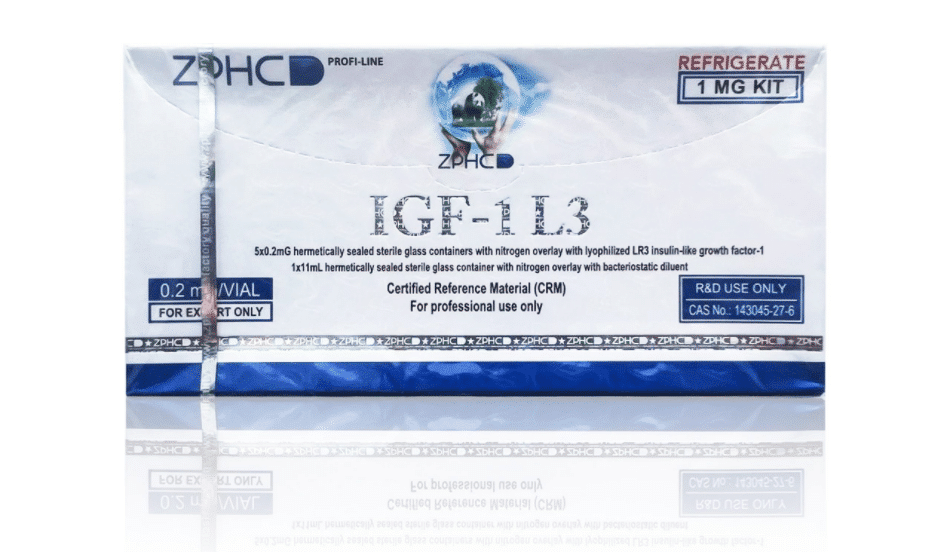
How To Choose HGH Brand in 2024?
The variety of HGH brands can be overwhelming for inexperienced buyers. Here are the main points you need to know when looking for premium quality human growth hormone injections.
Country of Origin
The country of origin is a crucial factor when buying HGH. Producing injectable HGH requires advanced and expensive equipment, and only a few factories have the necessary manufacturing capacity. A quality injectable HGH product should have easily accessible website information, allowing you to research the manufacturer, view certificates, verify your kit, and stay updated on relevant news. Two excellent examples of reputable companies are GenSci, the maker of Jintropin, and AnkeBio, the maker of Ansomone. Their websites allow customers to verify their kits and see how HGH production works.
Verification System
The benefits of genuine HGH are meaningless if you end up with a fake kit. Unfortunately, this is common when shopping online. To combat this, reputable growth hormone manufacturers provide kits with strong verification systems to ensure authenticity.
Price for Real HGH
If you’re reading this, you’re likely seeking HGH to gain lean muscle mass, achieve anti-aging benefits, or lose excess body fat. These goals require high doses of HGH for optimal results, which can be costly. Therefore, the price is a significant factor when choosing a growth hormone brand. Prices for HGH can range from as low as $100 (generic brands) to as high as $1500 per 100 IU (from a local pharmacy). It can be confusing since you might pay 10 times more for essentially the same product. It's important to understand the factors that determine HGH pricing: manufacturing expenses, distribution and quality.
Reviews
When you search for a human growth hormone brand on Google, you will find reviews on various bodybuilding forums and other communities. These reviews reflect the experiences of real people like you. Some products, such as Jintropin, have an excellent reputation, while others, like Kigtropin, have mixed reviews. Positive reviews should always be a key consideration in your purchasing decision.
Which Companies Should You Choose?
There are many manufacturers of HGH products. These HGH injections can generally be divided into two classes: those produced in Western countries and those made in China.
Western Brands
Western brands can be very expensive based on quality. Prices can exceed thousands of dollars, while Chinese manufacturers can sell similar products for pennies.
Western brands include:
● Humatrope. Manufactured in the USA by Eli Lilly & Company.
● Saizen. Manufactured in Switzerland by Merck Serono.
● Genotropin. Manufactured in Belgium by a division of Pfizer.
● Norditropin Human Growth Hormone. Manufactured in Denmark by Novo Nordisk.
Chinese Brands
Chinese brands of HGH online are Jintropin, Zptropin, and Ansosome. Brands in the Western region include Genotropin, Saizen, and Norditropin.
● Manufactured in officially certified facilities
● Trusted by the bodybuilding community
● Feature a robust verification system
● Offered at an excellent price ($190-280/100 IU)
Why is this? The cost of materials and production in China is significantly lower than in countries such as the US, UK, Germany, and Denmark. In addition, administrative and regulatory fees in Western countries are relatively high, so the price increases proportionally.
Chinese manufacturers use similar innovations to produce pharmaceutical HGH products under the same or even higher conditions, and they are significantly more effective.
At the same time, Chinese brands use anti-counterfeiting technologies to increase legitimacy, which many Western brands need to achieve. This way, you get all the positive effects of HGH (human growth hormone) at a comparatively low cost of treatment.
Who Can`t Purchase HGH Treatment?
Certain groups of people should refrain from taking HGH:
People with diabetes
HGH should be used with caution, especially in those with diabetes or prediabetes. HGH treatment increases insulin resistance, and it takes longer for the body to regulate blood sugar levels. This can lead to elevated blood glucose levels and potentially worsen underlying health problems. With these problems, you should consult your doctor or any healthcare provider before considering HGH treatment.
People with cancer
People with a history of the disease should avoid HGH treatment, as it can stimulate cell growth, including disease cells. It is important to note that this increased cell reproduction can lead to the worsening of the disease or relapse in people with a family history of the disease.
People with cardiovascular disease
Patients with heart failure should avoid HGH. It can lead to fluid retention, which increases the workload on the heart. It can also increase heart rate, which puts extra pressure on the heart muscles. HGH is also known to affect cholesterol levels and, therefore, worsen existing heart conditions. People with heart disease should consult their doctor before deciding to take HGH.
Pregnant or breastfeeding mother
Women who are pregnant or breastfeeding should avoid estrogen or GH, as its effects in these conditions have not been well studied. It may cause hormone deficiency or chemicals that are commonly present during pregnancy and breastfeeding, which are suspected of causing complications.

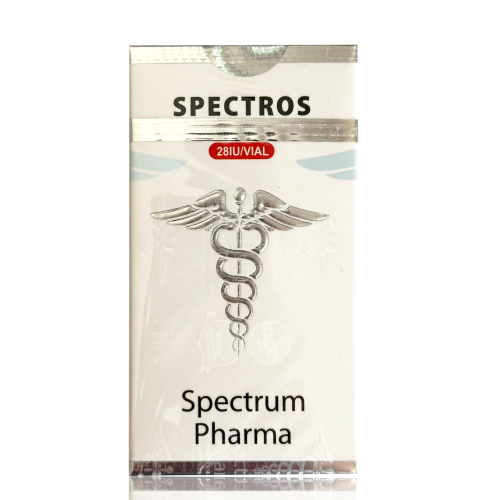
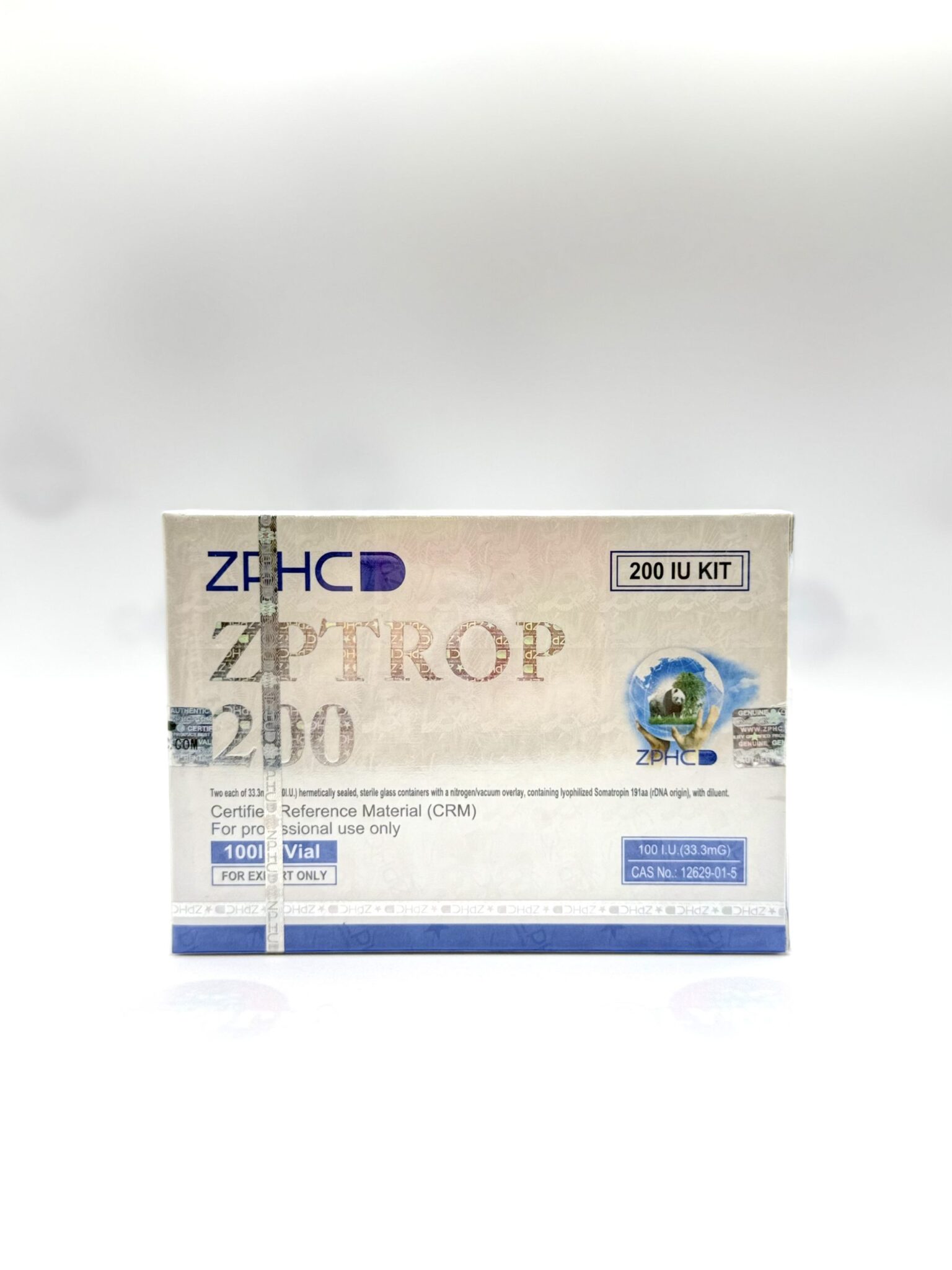
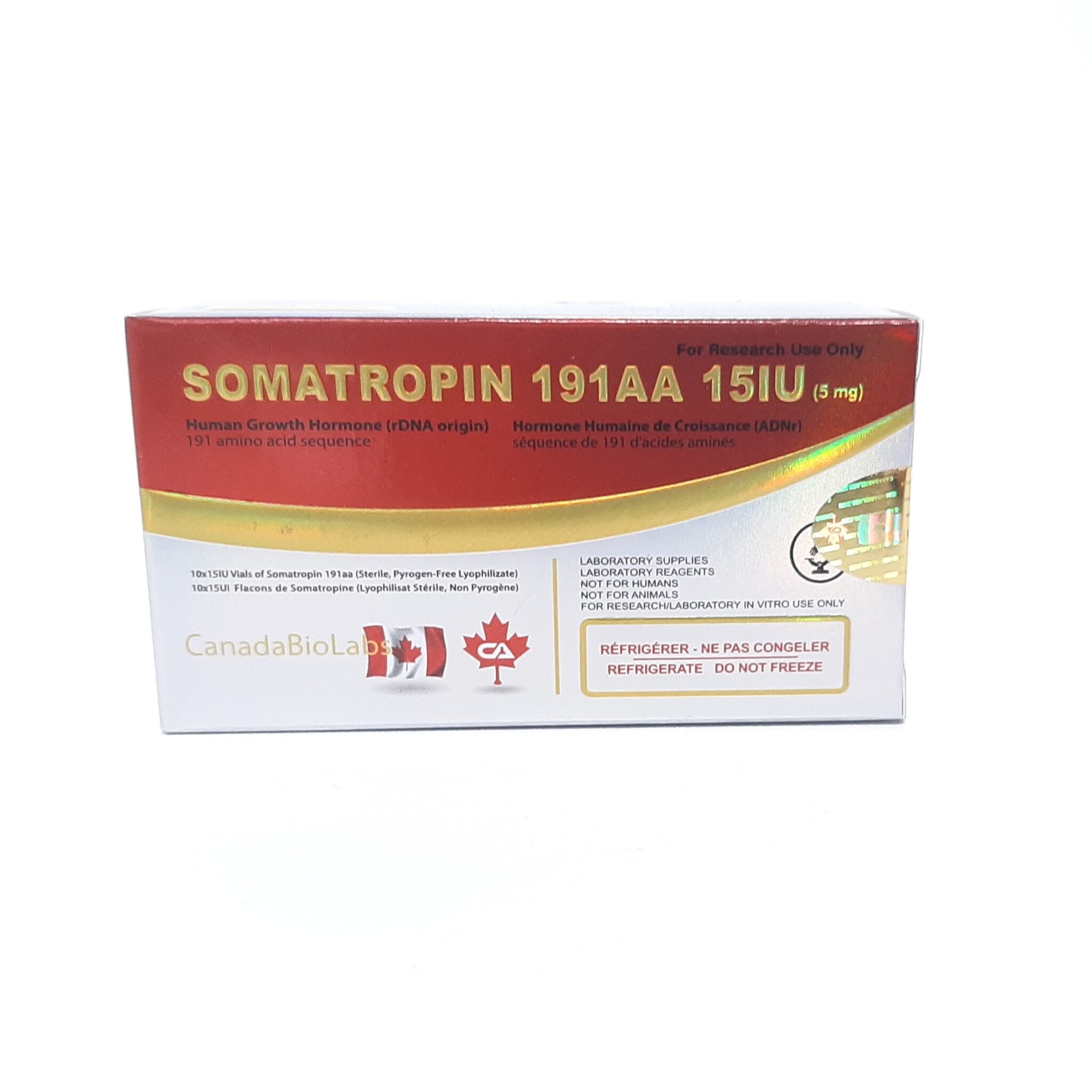
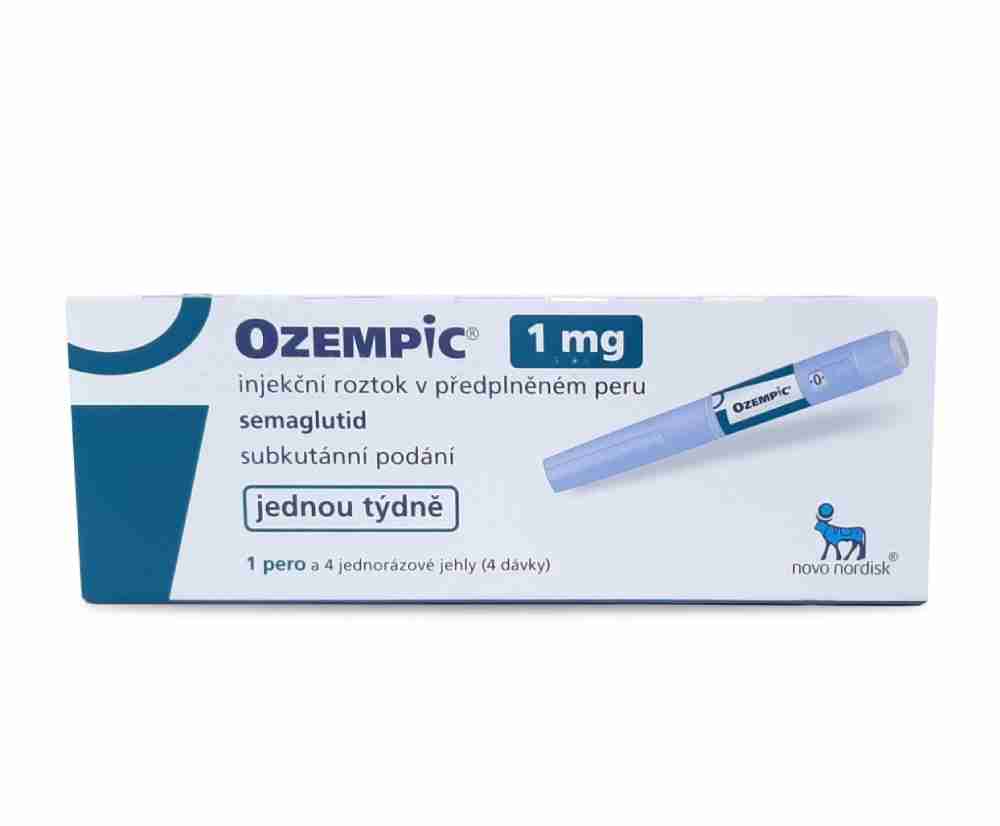
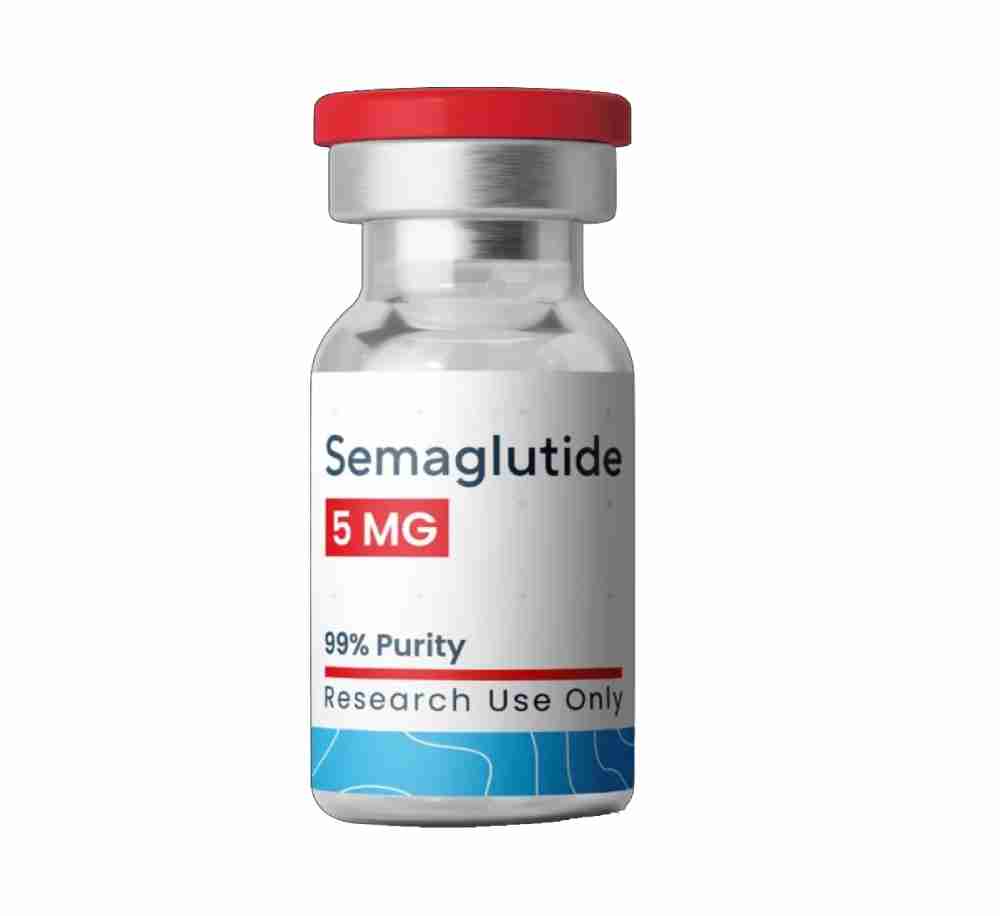
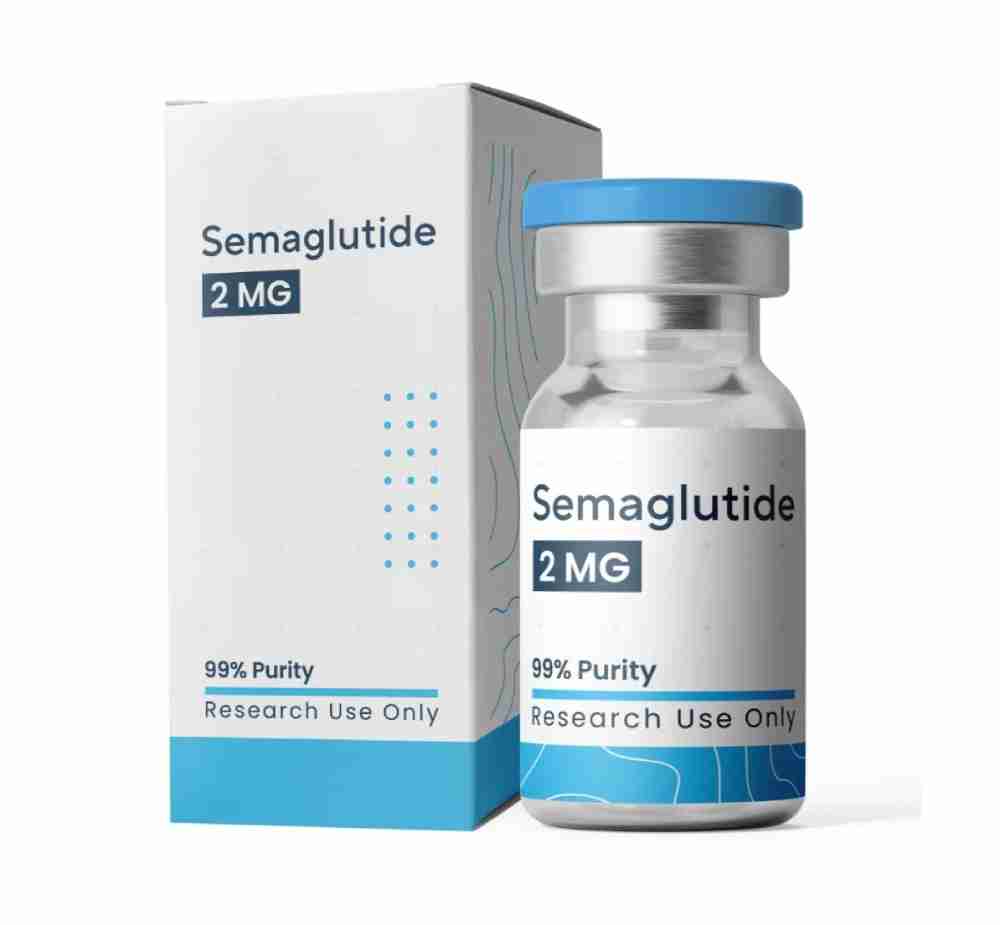
Lorem ipsum dolor sit amet, consectetur adipiscing elit. Ut elit tellus, luctus nec ullamcorper mattis, pulvinar dapibus leo.
Lorem ipsum dolor sit amet, consectetur adipiscing elit. Ut elit tellus, luctus nec ullamcorper mattis, pulvinar dapibus leo.
Lorem ipsum dolor sit amet, consectetur adipiscing elit. Ut elit tellus, luctus nec ullamcorper mattis, pulvinar dapibus leo.
Lorem ipsum dolor sit amet, consectetur adipiscing elit. Ut elit tellus, luctus nec ullamcorper mattis, pulvinar dapibus leo.